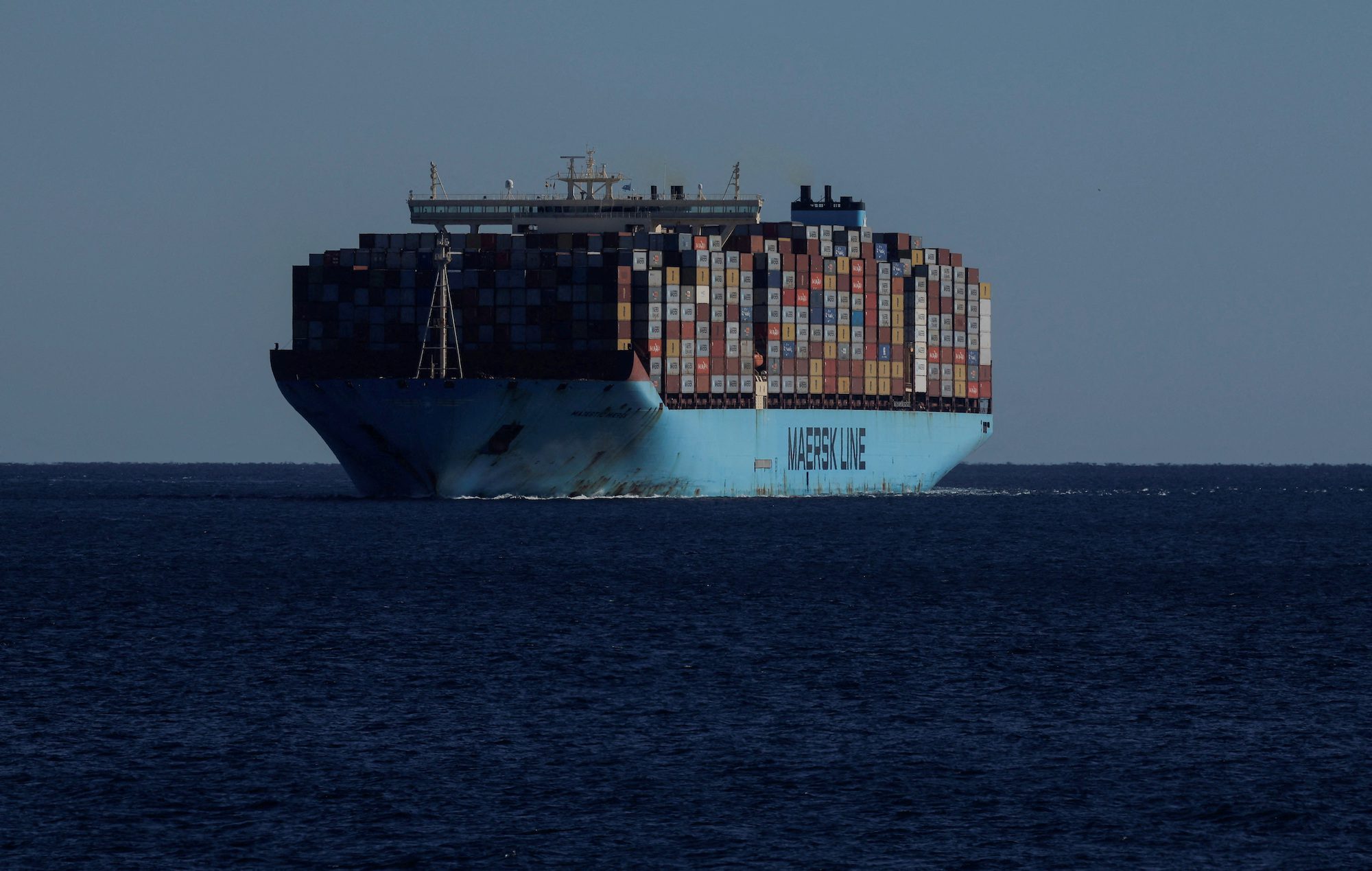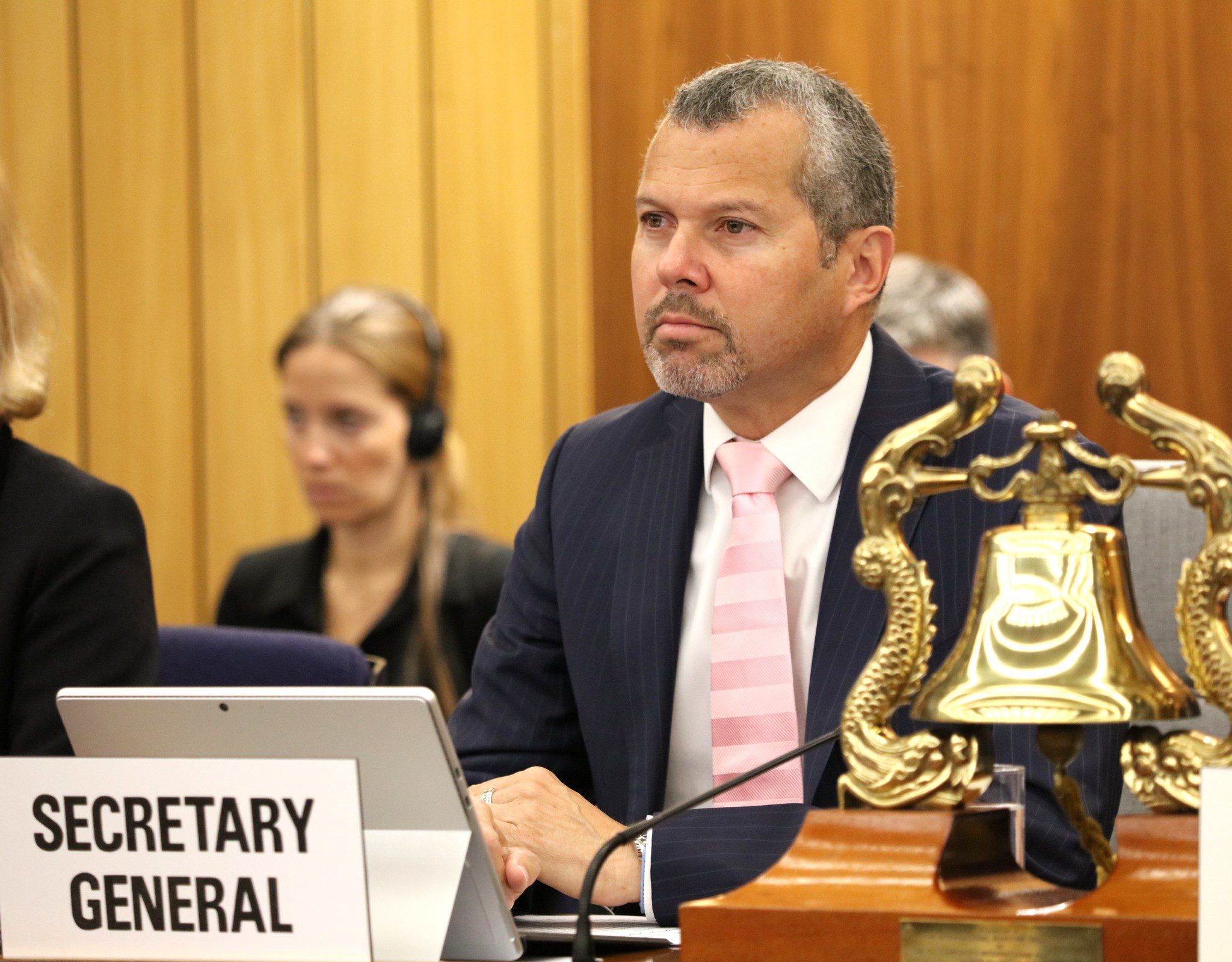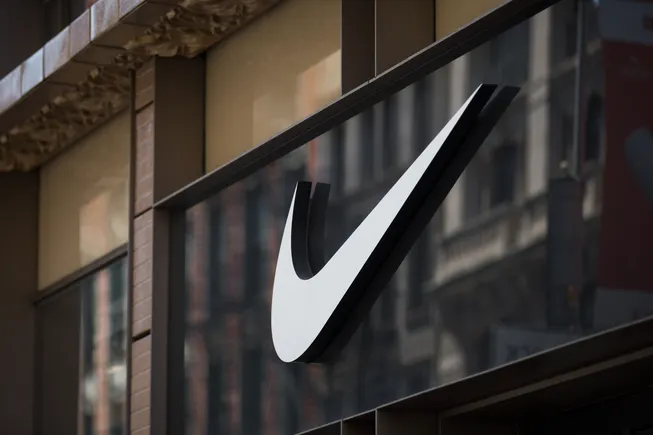RECORD SHORT AGAINST MAERSK BACKFIRES IN TRADE-WAR DEFYING RALLY
Shorting the stock of the world’s largest listed shipping company during a global trade war may seem like a sure bet. But the investors who’ve loaded up on the trade since April have so far only been handed big losses.

By Christian Wienberg and Sara Sjolin (Bloomberg) —
Shorting the stock of the world’s largest listed shipping company during a global trade war may seem like a sure bet. But the investors who’ve loaded up on the trade since April have so far only been handed big losses.
Shares representing just under a third of A. P. Moller-Maersk A/S’s free float are currently out on loan, according to S&P Global Market Intelligence, the highest level since data collection began in 2014. The measure, which is indicative of short interest, is up from about 15% at the beginning of April, when US President Donald Trump announced sweeping plans for import duties on all US trading partners.
After an initial plunge when tariffs were announced on April 2, the shares are now up about 50% since early April and the Copenhagen-based company seems to be showing little sign that the restrictions are hurting its business. On Thursday it raised its 2025 financial forecast, citing resilient global transport demand outside the US.
A Maersk spokesperson declined to comment on the share price and the short position in the stock.
“The short interest is basically speculation that tariffs will cause the global economy to slow down a gear, but we just haven’t seen that happening yet as the wheels are still turning,” Lars Hytting, an investment strategist at asset manager ArthaScope, which holds Maersk shares, said by phone. “And Maersk just shows it’s best-in-class in a situation like this one.”
The trade war is still in its infancy, so there’s plenty of time for the short bets to come good. Trump only finalized trade deals with many US partners in recent weeks and some talks are still ongoing. Maersk has warned that tariffs will be negative for its business if consumer confidence declines and consumption slumps.
A majority of analysts covering the stock are downbeat on the longer term prospects for the company, with the average 12-month price target indicating a decline of some 15%.
Still, Maersk Chief Executive Officer Vincent Clerc has repeatedly pointed out that one of the reasons tariffs won’t stop global trade is that many products are impossible or very difficult to substitute with local alternatives. As an example, almost all of the world’s sneakers are made in just three countries — China, Vietnam and Indonesia — and it would be costly and take years to set up production in the US.
“Things have become more volatile and complex, but this is giving us some enormous opportunities,” Clerc said during an Aug. 7 presentation in Copenhagen. “It gives us a positive potential for our logistic business, because the more complicated things are and the more supply chains need to change, the more valuable we become to our customers.”
Maersk’s ability to thrive during the biggest attack on free trade in decades is the just the latest example of a seemingly negative global event that has ended up benefitting the shipping industry.
When transit through the Red Sea was disrupted in late 2023, forcing container lines to sail south of Africa, freight rates jumped because the extra journey effectively reduced the global shipping fleet by 7%-8%. A similar imbalance to supply and demand was triggered in 2021 when a massive container ship blocked the Suez Canal, helping the industry.
And during the Covid pandemic, shipping shares initially fell, before investors understood that lockdowns were a boon for container lines, which benefited from increased demand for consumer goods.
According to data from the Danish Financial Supervisory Authority, Marshall Wace LLP was the only hedge fund with a Maersk short position exceeding the reporting threshold of 0.5% of the total share capital, at 0.59%, when the company raised its outlook last week. A spokesperson for Marshall Wace declined to comment.
Mads Zink, Danske Bank’s head of equities in Denmark, said that the Maersk stock is being shorted because of its current high valuation and because some are using it as a bet that tariffs will harm global trade.
“It may be that their thesis was correct, but the share price hasn’t developed the way they might have hoped for over the summer,” Zink said by phone. “So far, those who have shorted the stock haven’t been proven right.”
© 2025 Bloomberg L.P.
gcaptain.com







